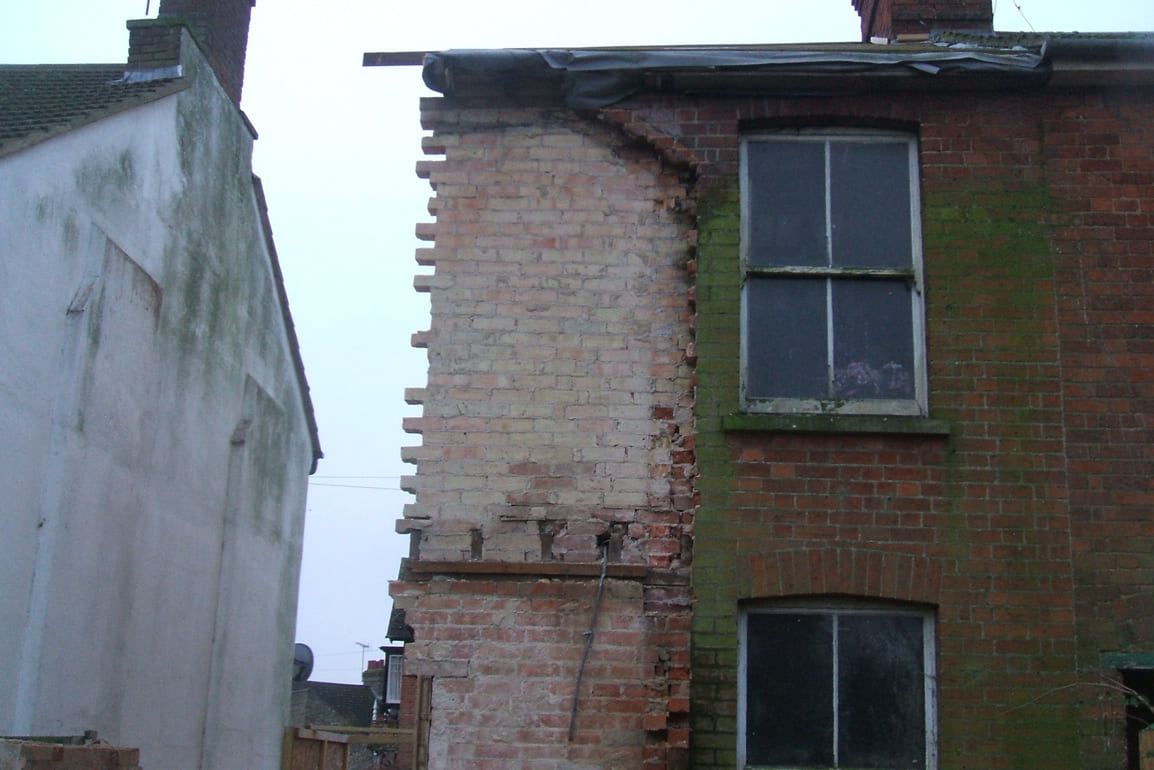Auction Sale
Selling your property via auction is usually much quicker and often more secure than doing so via an estate agency.
If you decide to opt for the traditional or “unconditional” method, your chosen auctioneer will set a date and time at which bids for your property will be accepted. Usually, this will be within just a few weeks of you registering with them.
You’ll need to set a guide price. This is an amount that is displayed to the public to help them to decide on the size of the bid they should be placing.
You will also need to agree on a reservation price. This figure remains private between yourself and the auctioneer and represents the lowest bid that you will accept in order to sell.
Once the highest acceptable bid has been placed and the gavel has fallen, the buyer who has made that offer enters a legally binding contract and is obligated by law to complete the transaction.
On the day that their bid is accepted, they must pay a 10% deposit. They are then given a set period of time - often 28 days - to pay the remaining balance.
There is also a modern or “unconditional” method that has grown in popularity over recent years.
If you choose this approach, your property will be listed online and bids will be accepted while it is “live”. This may last for up to 30 days - and sometimes as many as 56.
Once this period is complete, the highest bidder must pay a 5% reservation fee, which holds the property for them exclusively while they arrange certain matters such as surveys, apply for a mortgage and instruct a conveyancer. They usually have 28 days in which to do this.
By the end of this period, they will usually need to have paid a 10% deposit. They will then have a further amount of time - often another 28 days - to complete.
Should any issues arise during the period between the bid being accepted and the sale completing, the buyer may withdraw from the purchase.
They will lose their 5% reservation fee - and their deposit, if they have made one - and the ownership of the property will then revert to the seller.
Of course, there is also the possibility of a property failing to sell via traditional auction should bids fall lower than the reservation price. However, both auction methods usually present a quicker and more secure approach than a traditional estate agency sale.
Whatever form of auction you choose, you will need to instruct a conveyancer to put together a “legal pack” of all the relevant paperwork associated with the sale of the property. You may also be required to accept viewings - though you could be permitted to accept these in “blocks”.

















